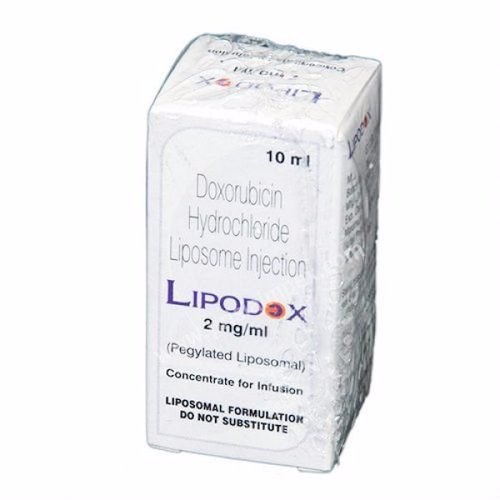D-Nib is a medication used to treat certain types of cancer, including acute myeloid leukemia (AML) and myelodysplastic syndromes (MDS). Here are some key points about the product:
Composition:
D-Nib contains Decitabine, a cytosine nucleoside analogue that inhibits the activity of DNA methyltransferases and restores normal gene expression.
Indications:
D-Nib is indicated for the treatment of:
- Acute myeloid leukemia (AML) in patients who have relapsed or are refractory to other treatments
- Myelodysplastic syndromes (MDS) with high-risk karyotype or with a high risk of developing AML
Mechanism of Action:
Decitabine works by:
- Inhibiting the activity of DNA methyltransferases, which restores normal gene expression
- Inducing apoptosis (cell death) in cancer cells
- Inhibiting the growth of cancer cells
Dosage and Administration:
The recommended dosage of D-Nib is:
- 50mg administered as an intravenous injection over 3-4 hours every 8 hours for 3-5 days
- Administered in a healthcare setting under the supervision of a healthcare professional
Side Effects:
Common side effects of D-Nib include:
- Nausea and vomiting
- Fatigue
- Headache
- Fever
- Increased risk of infections
- Anemia
- Thrombocytopenia
Serious side effects can include:
- Hypersensitivity reactions
- Cardiac arrhythmias
- Severe allergic reactions
- Neurological events (e.g., seizures, stroke)
- Hematological events (e.g., bleeding, thrombosis)
Contraindications:
D-Nib is contraindicated in patients with:
- Hypersensitivity to Decitabine
- Pregnancy or breastfeeding
- Active bleeding or a history of gastrointestinal perforation
Precautions:
- Patients with a history of cardiac disease or stroke should be closely monitored while receiving D-Nib.
- Patients with a history of liver disease or liver impairment should be closely monitored while receiving D-Nib.
- Patients with a history of epilepsy or seizures should be closely monitored while receiving D-Nib.
Patient Counseling:
- Patients should be counseled on the importance of taking their medication as directed and not missing doses.
- Patients should be instructed to report any signs of nausea, vomiting, or fever.
- Patients should be advised to report any changes in their appetite or weight loss.
Storage and Handling:
- Store at room temperature (20°C to 25°C) and protected from moisture.
- Do not freeze or expose to direct sunlight.
- Use within 24 hours of opening.
Please note that the dosage and administration information is based on the recommended dosage and may vary depending on individual patient needs and circumstances.




Reviews
There are no reviews yet.